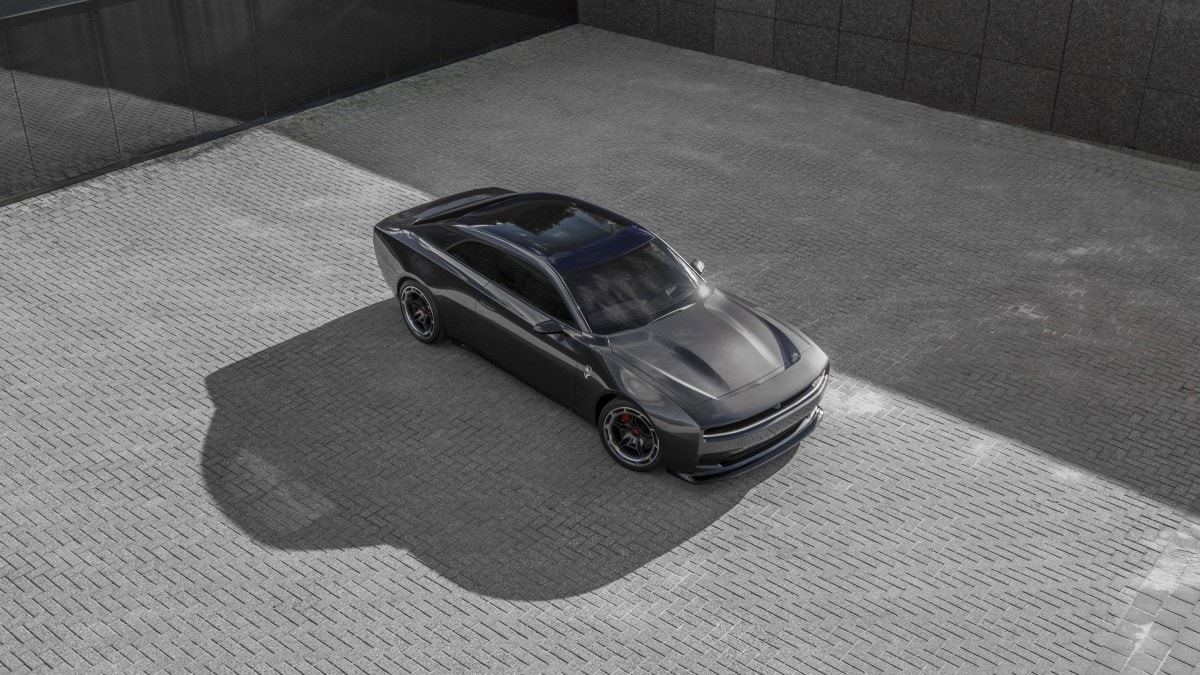The Detroit Free Press this weekend published a bombshell report alleging that Ford “is working to re-inspect more than a quarter-million vehicles after the company discovered flawed work and false billing by dealership technicians during the required replacement of dangerous Takata air bags.”
The Free Press, citing “internal company documents, dealership memos, federal regulatory filings, and court papers,” reports that Ford has “fined some dealerships whose repair techs billed the automaker for replacing Takata airbags despite installing the devices incorrectly or not doing the work at all.”
Much of what the Free Press reported was already publicly known. Its basic conclusions are accurate, and Ford does not dispute them. But the story is slightly less alarming than it first seems after deeper examination.
The Free Press report combines two issues.
One, public since a recall issued last spring, involves about 230,000 2004-2006 Ford Ranger pickups that may have had a recall repair performed incorrectly.
The other involves 40,000 or fewer vehicles. On those, Ford wants to check the work of technicians who may have misled the company in the past.
Background: History’s Largest Recall
The Takata airbag recall affects “tens of millions of cars sold under at least 34 brand names on at least five continents. Nearly every automaker that sells cars in the U.S. has cars affected by the Takata recall.”
An airbag inflator is a small metal capsule containing chemicals that combine to create a rapidly expanding gas. In an accident, the inflator is supposed to squirt that gas out of a nozzle, quickly inflating a folded airbag to cushion occupants from hitting collapsing car parts.
Some inflators produced by the now-defunct Takata company, however, can explode instead. Their capsule sometimes bursts under the sudden pressure of the chemical reaction. That can send hot metal fragments flying into the cabin like shrapnel. The chemicals inside the devices grow more volatile with age, meaning the risk grows over time.
Takata airbag inflators have reportedly claimed at least 32 lives worldwide, 23 in the U.S.
BMW, Chrysler, Dodge, General Motors, Honda, and Toyota have all issued “do not drive orders” in the past two years, asking drivers to park older cars immediately and not drive them at all until dealers can replace their inflators.
The National Highway Traffic Safety Administration (NHTSA) estimates that 67 million cars on American roads carried the defective inflators when they were built. As of late 2022, the agency reported that about 50 million of them have been repaired or removed from use.
Some Replacements Installed Backwards
Last spring, Ford recalled 230,000 Ranger pickups a second time over the Takata issue. The company had replaced Takata inflators in the trucks with non-Takata-built inflators. But Ford learned that some technicians may have installed them backward. A reversed installer would still inflate an airbag, Ford says, but might not inflate it properly.
So, the company arranged to inspect the replacement inflators and, if necessary, reinstall them in the correct orientation.
That recall, already published last year, makes up the bulk of the cars in the Free Press report. Those cars have had their inflators replaced and are not at risk of a Takata airbag rupture. But, some replacement inflators may be installed backward, which could keep them from performing properly.
Ford Audits Some Dealerships’ Work After Past Fake Repairs
Ford plans to inspect about 40,000 other cars to ensure that technicians replace airbag inflators when they say they did.
The Free Press reports that, since 2020, Ford has required some dealers to audit safety repairs. That year, the company found that “some technicians failed to complete door latch recall work for which they billed the automaker.” The company has not publicly identified the dealerships. But, since that time, it has routinely audited their work.
Ford plans to re-inspect about 40,000 cars that had Takata inflators replaced by those dealerships.
“No one — not the drivers, Ford or the National Highway Traffic Safety Administration — knows exactly which vehicles weren’t repaired correctly,” the Free Press Reports. But Ford says it does know which cars were repaired by dealerships whose work the company audits.
Ford says it has, to date, inspected about 11% of the 40,000 vehicles in question. About 1.5% of that 11% have had incorrect or unrepaired inflators. Those cars may be at risk of a Takata airbag rupture.
Note: This article has been updated for accuracy since its original posting.





